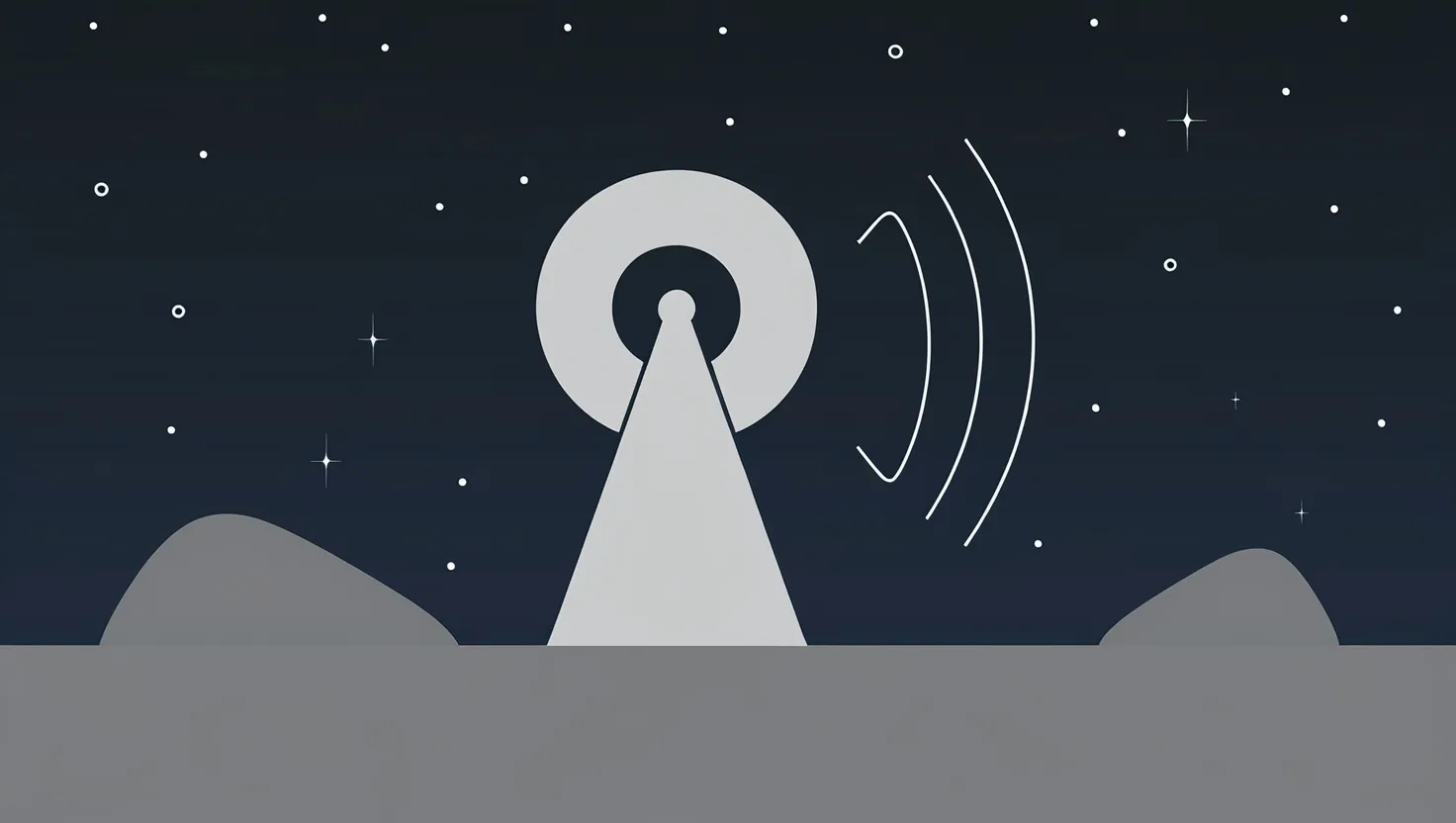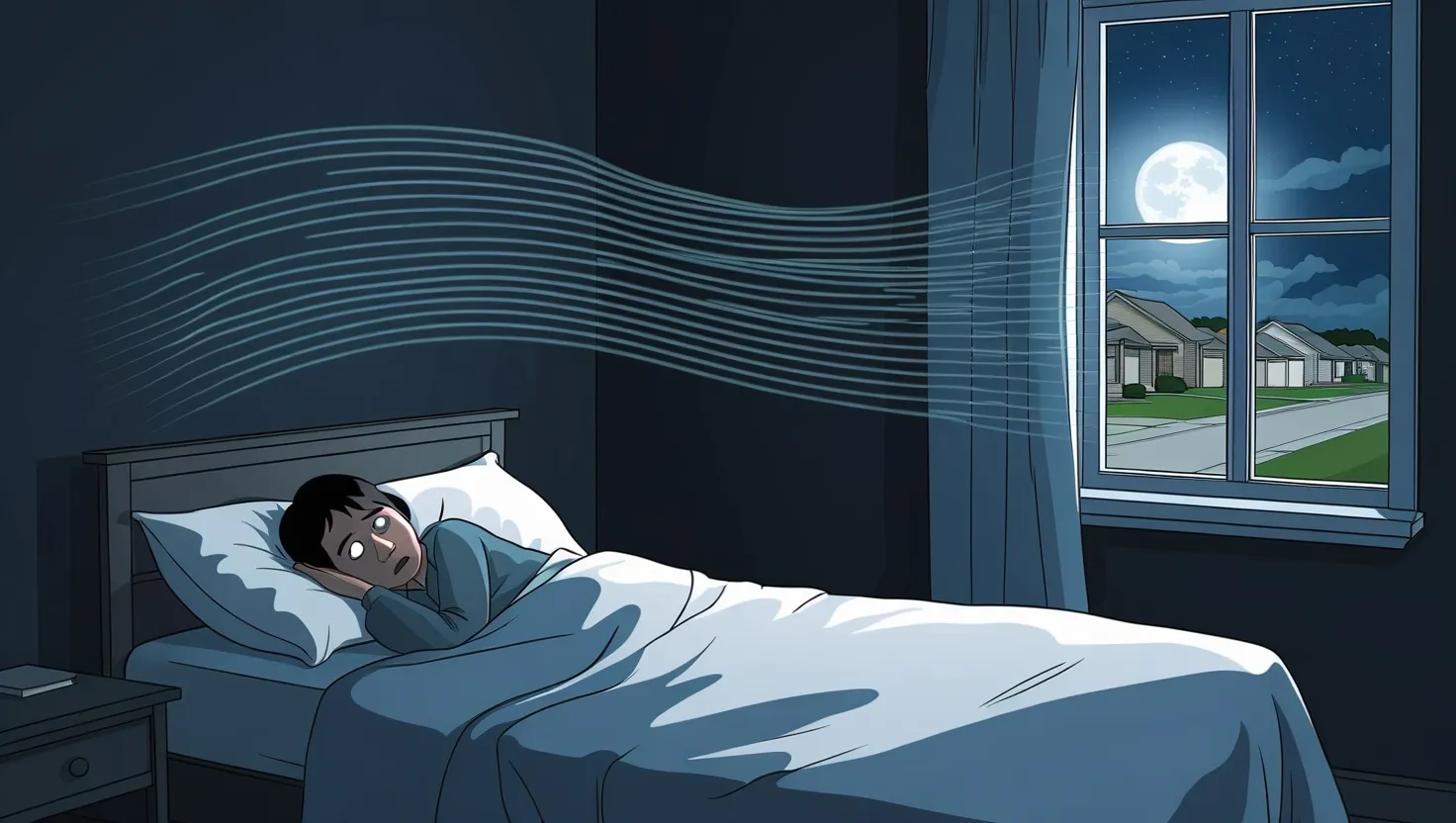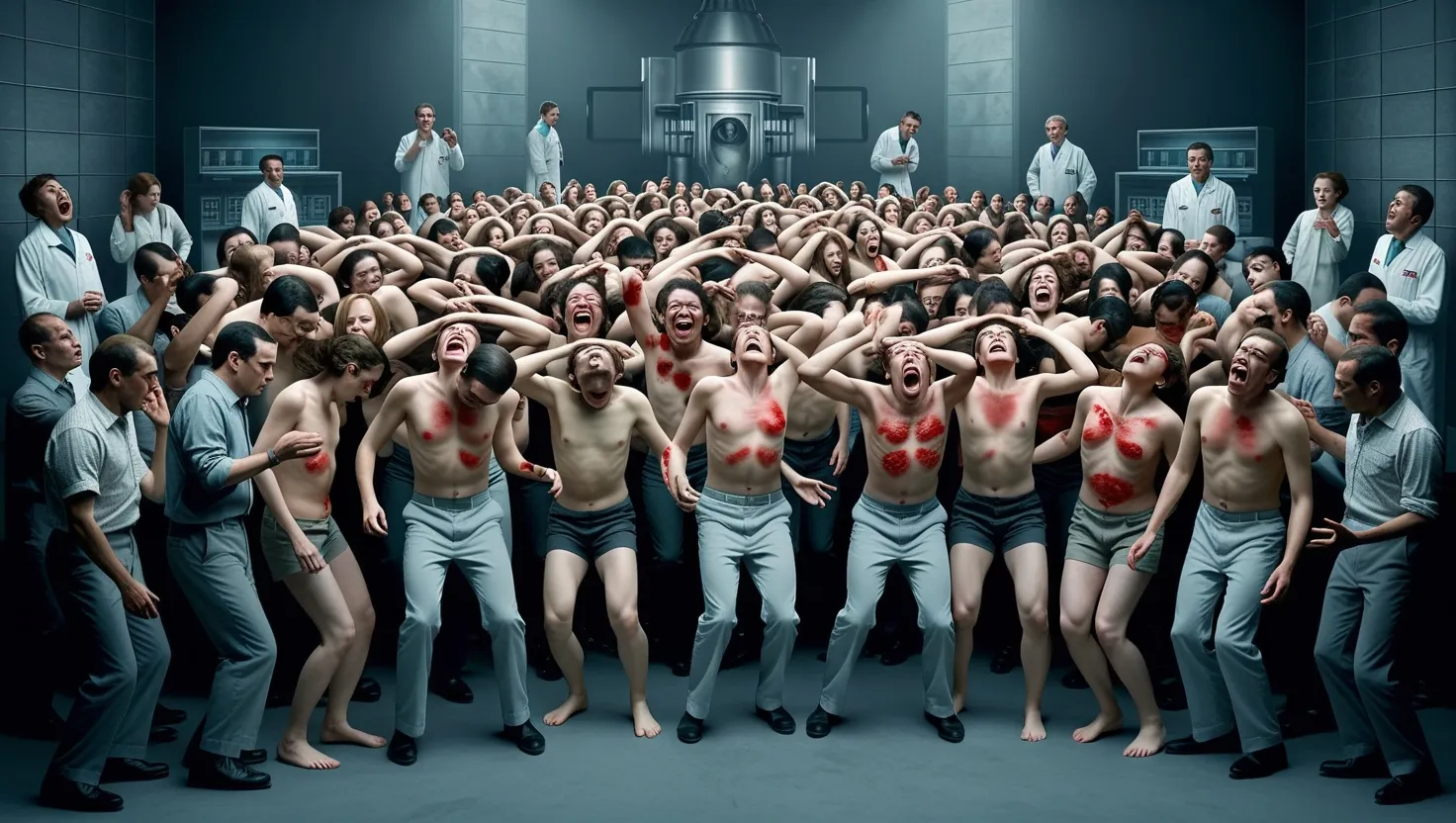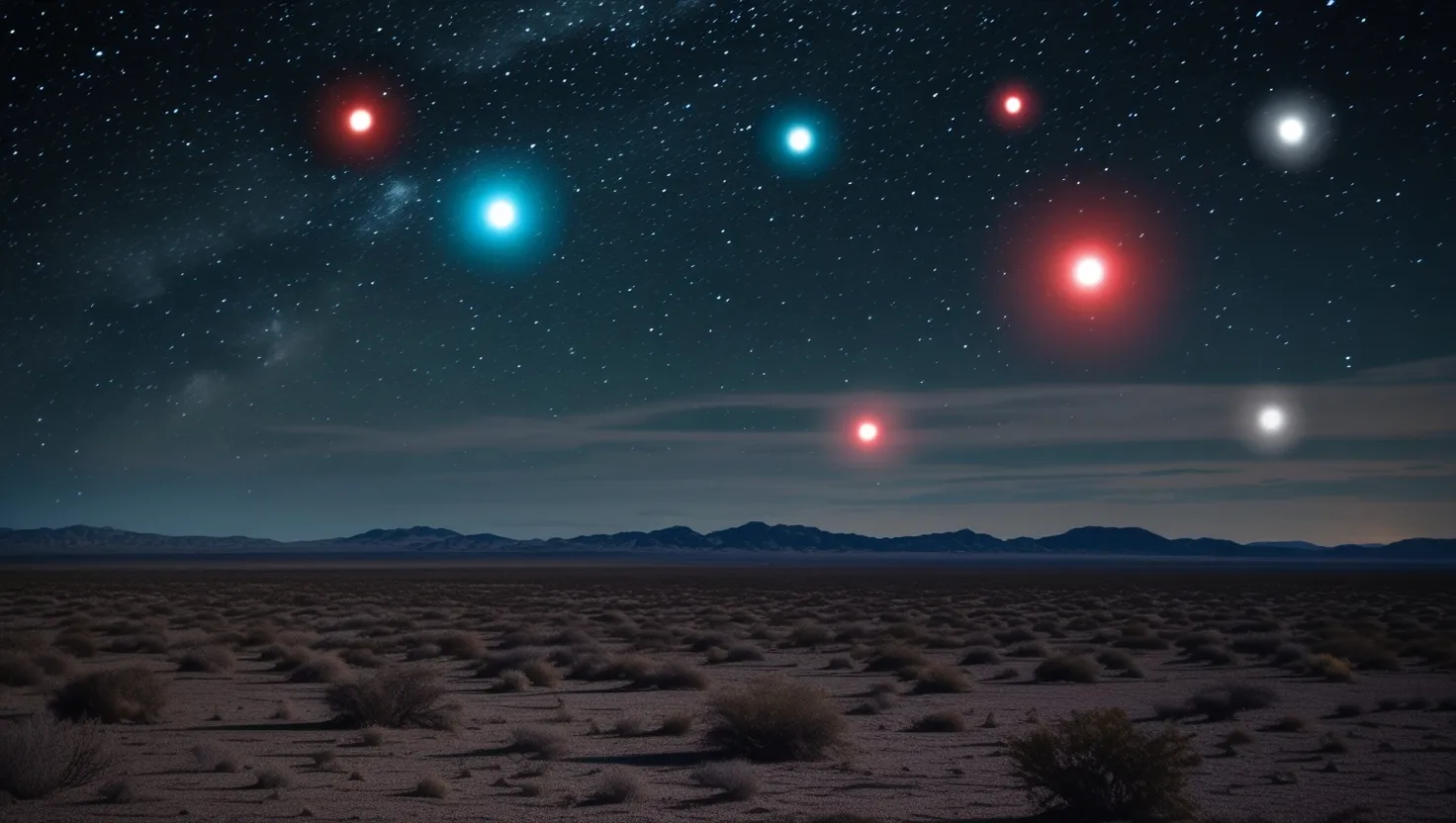7 Atmospheric Mysteries That Have Scientists Completely Baffled in 2024
Discover 7 atmospheric mysteries that baffle meteorologists: ball lightning, blood rain, star jelly & more. Explore unexplained weather phenomena with scientific data.

**8 Cosmic Radio Anomalies That Challenge Our Understanding of the Universe**
Explore 8 mysterious cosmic radio signals that defy explanation, from the famous Wow! Signal to fast radio bursts. Discover unexplained anomalies that challenge our understanding of the universe.

**Hessdalen Lights: The 100-Year Scientific Mystery Norway Can't Explain**
Discover the Hessdalen Lights: Norway's mysterious glowing orbs that have baffled scientists for decades. Explore plasma theories, unique geology, and unexplained phenomena in this remote valley.

The Hum: Why 2% of People Hear a Mysterious Sound Scientists Can't Explain
Discover the mysterious global phenomenon of The Hum - a low-frequency sound only 2-4% of people can hear. Explore scientific theories behind this unexplained acoustic puzzle affecting communities worldwide. Learn more about this auditory mystery.

**Skyquakes Explained: The Science Behind Earth's Mysterious Booming Sounds That Baffle Scientists**
Discover the mystery of skyquakes—thunderous booms from unknown sources that puzzle scientists worldwide. Explore causes, theories, and centuries of unexplained phenomena. Learn more about Earth's acoustic mysteries.

7 Mysterious Plant Behaviors That Challenge Everything Science Knows About Intelligence
Discover mysterious plant behaviors that challenge science: trees that emit ultrasonic pulses, bamboo synchronized death cycles, and roots that hear music. Explore nature's unexplained phenomena.

Ancient Scripts That Remain Silent: 8 Undeciphered Writing Systems From Lost Civilizations
Discover 8 ancient scripts from Indus Valley to Easter Island's Rongorongo that remain undeciphered mysteries. Explore lost civilizations through symbols that refuse to speak. Learn what makes these puzzles so challenging to solve and why they continue to fascinate archaeologists worldwide.

Earth's Geological Mysteries Science Can't Explain: Moving Stones, Eternal Flames and Singing Deserts
Discover Earth's most baffling geological mysteries—from moving Death Valley stones to singing sand dunes and eternal flames. Explore unexplained phenomena that challenge science and ignite wonder about our planet's secrets.

Lake Baikal's Mysterious Ice Circles: Scientists Still Can't Explain These Glowing Winter Phenomena
Discover the mystery of Lake Baikal's ice circles - perfect rings appearing on Siberia's frozen surface that baffle scientists. Explore theories from methane vents to bioluminescence. Read the full investigation.

**Mass Hysteria Events Throughout History: When Science Can't Explain Collective Physical Symptoms**
Explore mysterious mass hysteria events from Tanganyika's laughter epidemic to Havana Syndrome. Discover unexplained group phenomena that challenge science and reveal hidden connections between mind and body.

**7 Mysterious Lights That Science Still Can't Explain: Real Phenomena Documented Worldwide**
Explore 7 mysterious lights that defy science - from Texas Marfa Lights to Australia's Min Min phenomena. Documented, verified, yet unexplained. Discover what keeps scientists puzzled.

Baltic Sea Anomaly: The Mysterious 60-Meter Structure That Defies Scientific Explanation
Discover the Baltic Sea Anomaly: a 60-meter mysterious formation with geometric precision defying geological explanation. Explore theories, evidence & why this deep-sea enigma continues to baffle scientists. Read more!

Ancient Astronomical Alignments: How Lost Civilizations Achieved Impossible Precision Without Modern Technology
Discover ancient civilizations' mysterious architectural precision in monuments like Machu Picchu, Angkor Wat, and Teotihuacan. Explore unexplained alignments and hidden knowledge that challenge our understanding of early engineering capabilities.
